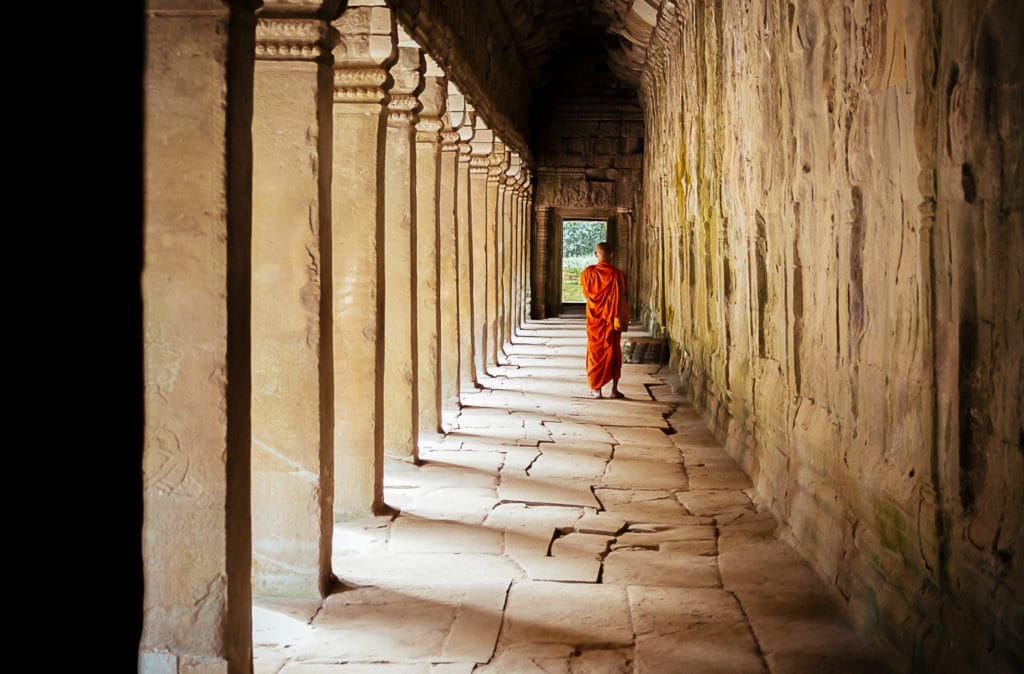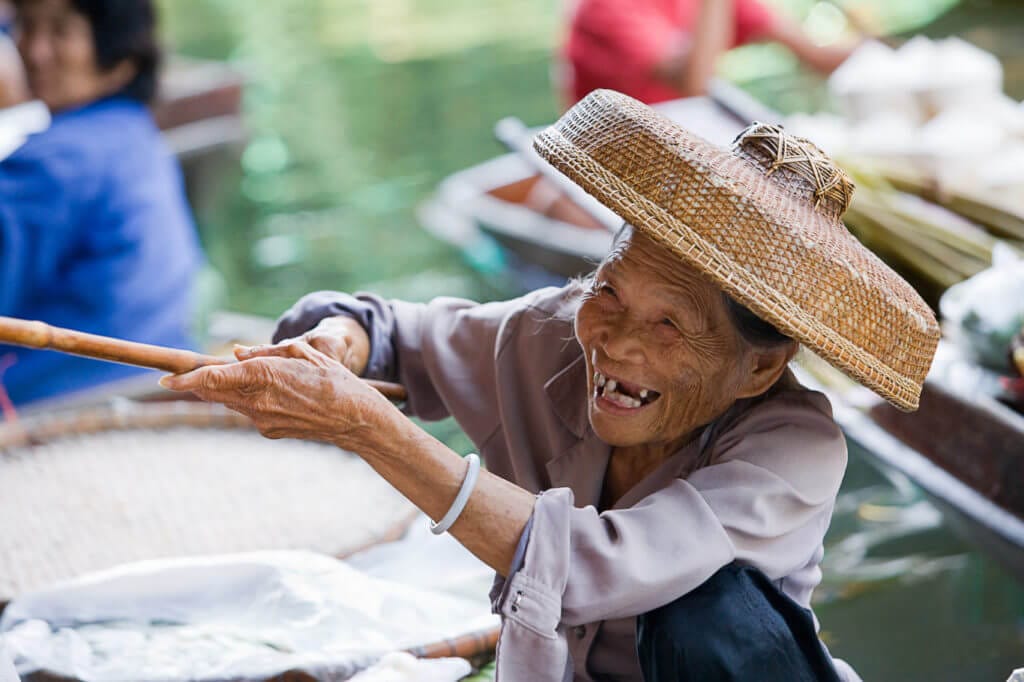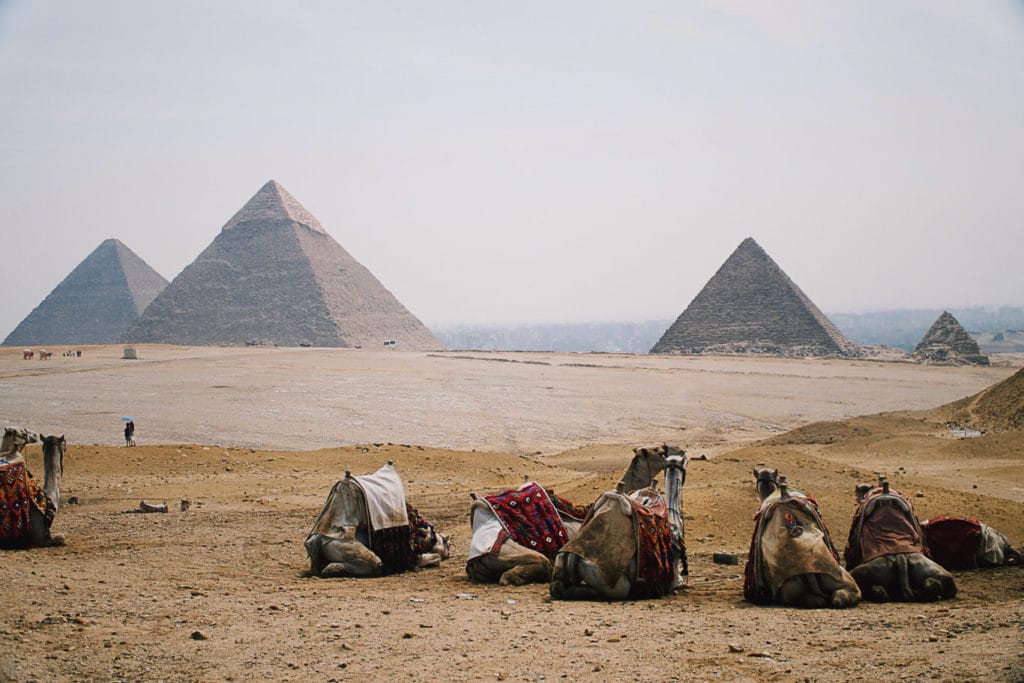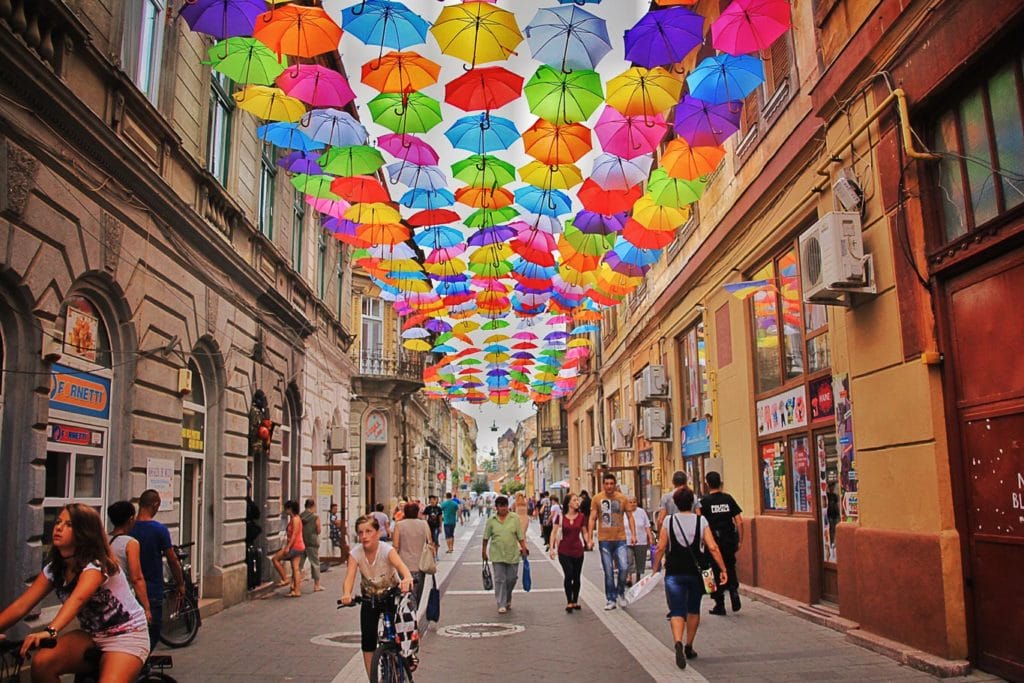Anthropology Tour in Spain
Study Anthropology in the Unique Regions of Spain
ADD AN IMPACT!
Spain has a number of diverse regions with distinct characteristics. Travel abroad to learn about how Catalonia, Galicia and Basque Country differ yet are part of Spain. Consider adding an impact project by volunteering to feed the hungry or teach English to children during your stay.
The Worldwide Navigators Difference


Sojourn – Gain a better understanding of the community you’re visiting. Learn about different religions or spiritual practices. How do these impact the communities? How does religion or spirituality influence local traditions?
1 of 1

Savor – Will you choose sweet or savory? Take the time to visit local markets and discover unique local ingredients. Learn how to prepare traditional meals & local favorites.
1 of 1

Tip of the Tongue – Each morning, take the time to learn a few basic greetings and phrases in the local language. Learn how to write greetings & your name in the local script.
1 of 1

A Wrinkle in Time – History influences our present. Discover the history of the country you visit. Hear the stories of your guides & their family history. Where do they come from?
1 of 1

Journal Journeys – Take some time to reflect on the day’s events and document your journey. Spend a moment journaling about the day had & day ahead. These are memories for a lifetime!
1 of 1

Culture – From local dances, festivals, or simple gestures to communicate – all of these make up a country’s culture. Learn and practice cultural norms & how to show respect in the culture you visit.
1 of 1Itinerary
Spain is a large country with a number of unique regions with their own language and culture. Travel abroad to get a sense of the unique regions of Catalonia, Galicia and Basque Country, and see how these separate regions fit into the whole of Spain, centrally represented by Madrid in Castile.
Arrive today in Barcelona, largest city in Catalonia, a distinct region that has its own language, architecture and food that make it unique. Today settle in at your hotel, then begin exploring this dynamic Mediterranean coastal city. Take a tour that will not only help you begin to understand the city but learn something from a native Catalan about what makes the region distinct.
One of the most fascinating aspects of Barcelona is the architecture of Antoni Gaudí. Start with the world-renowned Sagrada Família church, then move on to explore his unique buildings, Casa Milà and Casa Batlló, plus the Dr. Seuss-like Park Güell. Then grab some lunch at the Boqueria Market.
After your meal, delve into the Gothic Quarter, making time for the Picasso Museum and Barcelona Cathedral. There, you may see local residents dance the unique Catalan Saldana. If the weather is conducive, relax on the shores of scenic La Barceloneta Beach.
You’ll start the day with an early morning flight to Bilbao, in Spain’s Basque Country. This area covers a stretch of the Atlantic Coast, and mountain barriers helped ensure that it was Euskara rather than Castilian Spanish that would be the language here.
The Guggenheim Bilbao captures the world’s imagination with its sinuous metallic curves. Take a tour of the city highlights, and learn about the Pais Vasco, from its language to its culinary traditions.
The Guggenheim Bilbao opened in 1997, built by Frank Gehry along the Rio Nervión. Walk along the river to examine this architectural marvel, then have a look at the contemporary art within.
Casco Viejo is Bilbao’s Old Town. A walk here will reward you with atmospheric surroundings down small streets and alleys. Be sure to see Bilbao Cathedral and the art-deco Ribera Market. When lunchtime hunger strikes, seek out the Plaza Nueva, which has many pintxos (th Basque Country equivalent to tapas) bars.
La Concha Beach near the old town or Parte Vieja. Two peaks dominate the city, Monte Urgull and Monte Igueldo. Take a morning tour of the city’s highlights with a local guide. Parte Vieja makes for an enjoyable walk, plus there are many pintxo bars, so it’s a great destination for lunch. After lunch, take the funicular up to the top of Monte Igueldo, which offers great views from its summit.
Late this afternoon, board your flight to Santiago de Compostela, to experience the region of Galicia. You’ll be taken to your hotel and will enjoy dinner in the historic center.
The region of Galicia in northwestern Spain also has its own language, Gallego, and seafood is local staple of the region. Today you will get a sense of Galicia’s largest city, and historical pilgrimage destination, Santiago de Compostela.
Take a half-day tour to see the most important sights and learn more about Galicia and its customs from your local guide. The Santiago cathedral and museum are must-visits. Also worth seeing are the Museum of the Galician People and San Martin Pinario Monastery. Explore the historical center in the area around the cathedral, and choose a place here for lunch.
This afternoon, take a drive west to Cape Finisterre, land’s end at the Atlantic with sweeping views, rocky cliffs and pounding waves, all watched over by Cape Finisterre lighthouse.
Return to Santiago for dinner and overnight at your hotel.
This morning, take a less than 90-minute flight to Madrid, capital of Spain, the heart of Castile and home to Spain’s official Castilian Spanish.
Drop your bags at your hotel, then take a half-day tour of Madrid, taking in sights such as the Royal Palace, Prado Art Museum and El Retiro Park. Learn from your guide about Castile’s own cultural characteristics. Find a great tapas spot near the Plaza Mayor or stop in the Mercado de San Miguel for lunch.
Enjoy the lively evening activity in Madrid’s neighborhoods and late dining scene, perhaps enjoying roast suckling pig at El Sobrino de Botin, one of Ernest Hemingway’s favorite places.
After breakfast, head to Madrid’s airport for your trip home, with a more vivid understanding of the dynamics of modern Spain, with its distinct regions and cultures.
To study anthropology in multifaceted Spain means visiting distinct regions like Castile, Basque Country, Galicia and Catalonia. Each has its own unique language and culture, but you’ll learn how they blend into today’s modern Spain. With the help of local guides you’ll examine the dynamics of each region, starting from cities like Barcelona, Madrid and Bilbao. Along the way you’ll enjoy the culinary differences while visiting the historical touchstones of this ancient, unforgettable land!
Value
3-6 Day
Group Trips
- Airfare
- Transportation
- 2.5 - 3-Star Accommodations
- Daily Activities & Excursions
- 2 Meals Per Day
- Tours & Entrance Fees
- Daytime & Self-Guided Tour Director
- 1 Impact Project
Classic
7-12 Day
Group Trips
- Airfare
- Transportation
- 2.5 - 3-Star Accommodations
- Daily Activities & Excursions
- 2 Meals Per Day
- Tours & Entrance Fees
- Daytime Guided Tour Director
- Up to 2 Impact Projects
Epic
7-14 Day
Group Trips
- Airfare
- Transportation
- 3.5 - 4-Star Accommodations
- Daily Activities & Excursions
- 2 Meals Per Day
- Tours & Entrance Fees
- 24/7 Guided Tour Director
- Up to 3 Impact Projects
- Final Night Celebration Dinner
Interested in adding or modifying activities? No problem! All Worldwide Navigator itineraries can be customized to your liking!
In collaboration with our partners


